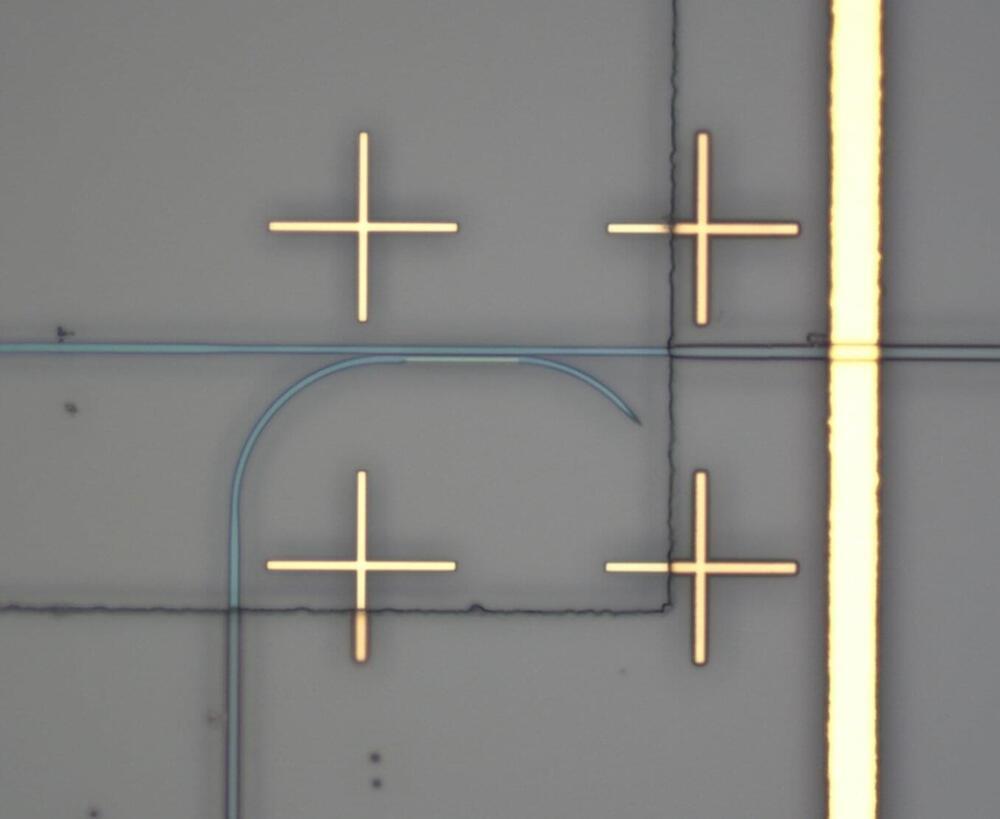Researchers at Oxford University’s Department of Materials, working in collaboration with colleagues from Exeter and Munster, have developed an on-chip optical processor capable of detecting similarities in datasets up to 1,000 times faster than conventional machine learning algorithms running on electronic processors.
The new research published in Optica took its inspiration from Nobel Prize laureate Ivan Pavlov’s discovery of classical conditioning. In his experiments, Pavlov found that by providing another stimulus during feeding, such as the sound of a bell or metronome, his dogs began to link the two experiences and would salivate at the sound alone. The repeated associations of two unrelated events paired together could produce a learned response—a conditional reflex.
Co-first author Dr. James Tan You Sian, who did this work as part of his DPhil in the Department of Materials, University of Oxford, said, “Pavlovian associative learning is regarded as a basic form of learning that shapes the behavior of humans and animals—but adoption in AI systems is largely unheard of. Our research on Pavlovian learning in tandem with optical parallel processing demonstrates the exciting potential for a variety of AI tasks.”
